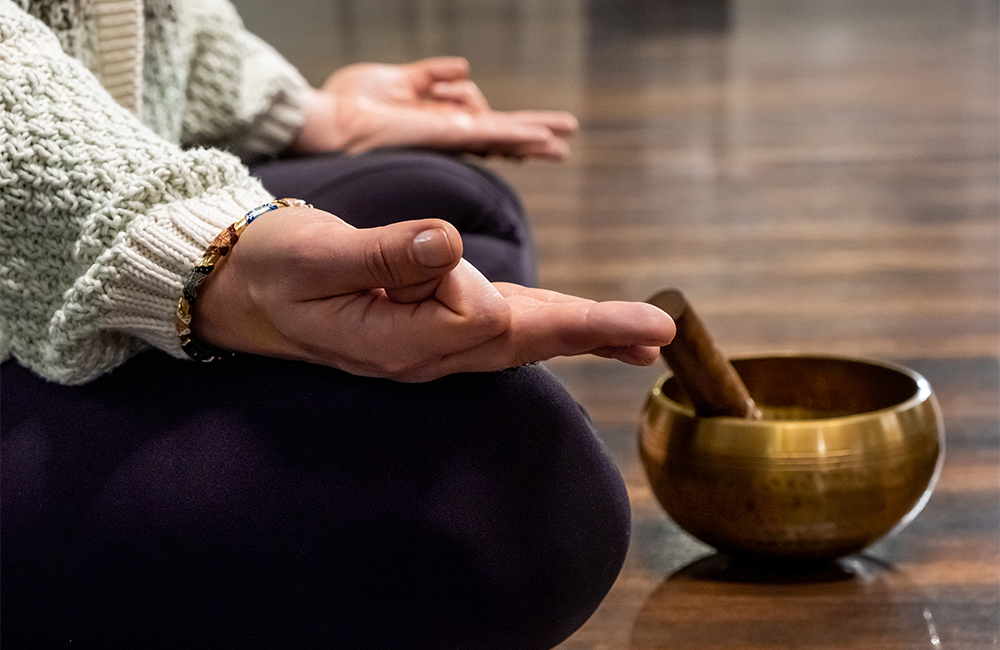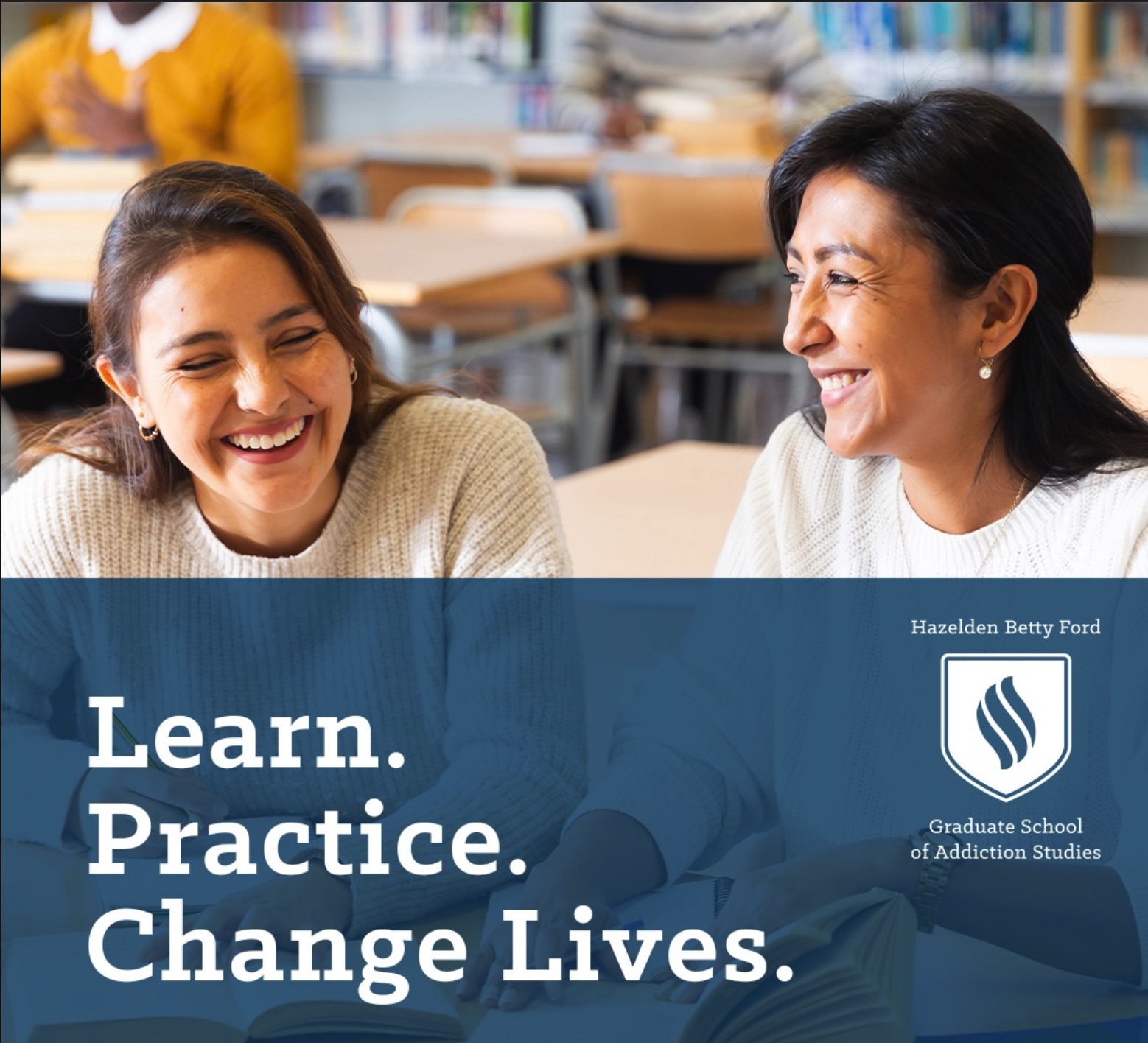by Alexandra Pecci

The physical, emotional, and spiritual hold that substances can have on humans is universal, no matter the culture or country. Around the world, our traditions might be different, and the substances might be different, too, but addiction is the same.
As our global, ever-connected world gets smaller and more accessible every day, people from all walks of life are turning to diverse cultures and traditions to find different paths to recovery, often integrating Western medicine and modern talk therapy with treatments like Ayurvedic medicine, acupuncture, yoga, traditional sweat lodges, and more.
Here’s a glimpse into three options from three different traditions around the world.
Balancing the bodies
In the Eastern and Ayurvedic traditions, addiction recovery is about healing the body.
“It is not just about stopping to use a substance. The body needs to heal,” says Nirmala Raniga, founder of the Chopra Addiction and Wellness Center in Squamish, British Columbia. There, guests receive treatment for their three different bodies — the physical body, emotional body, and spiritual body — taking into account everything from the physical addiction itself to the foods patients eat to their deepest desires and worries, fears, and grief.
Healthcare professionals and therapists are on staff, but talk therapy is only part of the treatment; guests at the center also participate in yoga, meditation, acupuncture, massage, and Ayurvedic eating.
“It really supports the body and mind healing when the person is actually going into their past and releasing all of their stress and their grief,” Raniga says about therapies such as yoga and massage.
Although yoga is increasingly offered at many residential treatment programs, “we believe yoga should be part of the daily practice,” Raniga says. “It’s not an option. It should be something you practice every day.”
Guests at the Chopra Addiction and Wellness Center start each day with gentle yoga, even if that means simply laying in savasana, or corpse pose, while other guests practice the stretches. It’s all about the Eastern tradition of listening to your body.
“If you sit there and you do some breathing, that is yoga,” Raniga says. It’s “really connecting yourself to the body through breath work and simple movements.”
Connecting to the breath and body is also practiced through meditation. Guests learn a technique called “primordial sound meditation” and receive a personal mantra based on the time and place of their birth. The center also does guided imagery.
Tools like yoga and meditation help guests stay completely in the present moment rather than ruminating on the past, which is linked with depression or worrying about the future, which is linked with anxiety.
“Because when you’re in the present moment you’re going to make conscious choices,” Raniga says.
Since therapy releases stress and grief, healing the body through massage and healthy eating is also part of the Eastern tradition. For instance, guests at the Chopra Addiction and Wellness Center have two massages a week using Ayurvedic oils.
“Ayurvedic massage allows touch to be part of the healing process,” Raniga says.
An Ayurvedic approach to food is also part of healing, with meals incorporating the seven colors of the rainbow and the six Ayurvedic elements of taste: sweet, sour, salty, pungent, bitter, and astringent, since balanced meals help balance the body. The center emphasizes the importance of listening to and respecting the body’s cues for hunger and fullness. Nutritionists are on hand to help, too.
“Food is one of the places where we need to pay attention. When someone is in addictive behavior, they don’t have a concept of what they’re eating; they just eat when they are hungry,” Raniga says. “They have no concept of how or when to eat.”
In addition, there is no sugar, coffee, or smoking allowed at the center.
“We do not want somebody to come to our center and switch addictions,” Raniga says. “We want people to stay with their feelings and work through those feelings.”
Discussing the laws of karma is also helpful for guests to consider the consequences of their actions and choices. By witnessing their bodies and integrating Eastern teachings into their daily routines, Raniga says guests can begin to “have an intention” for each day.
To read more about recovery around the globe, including how Native American and Chinese medicine facilitate recovery, read the rest of the article in the latest issue of Renew.



No responses yet